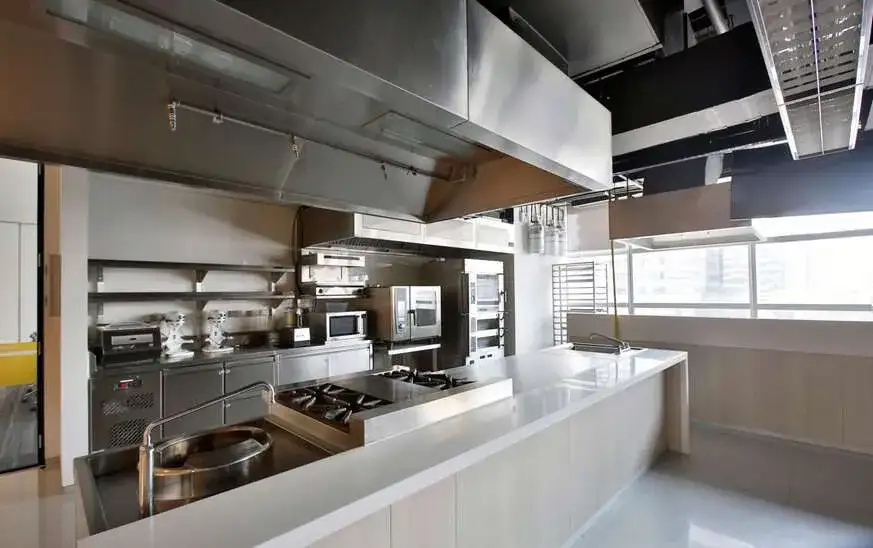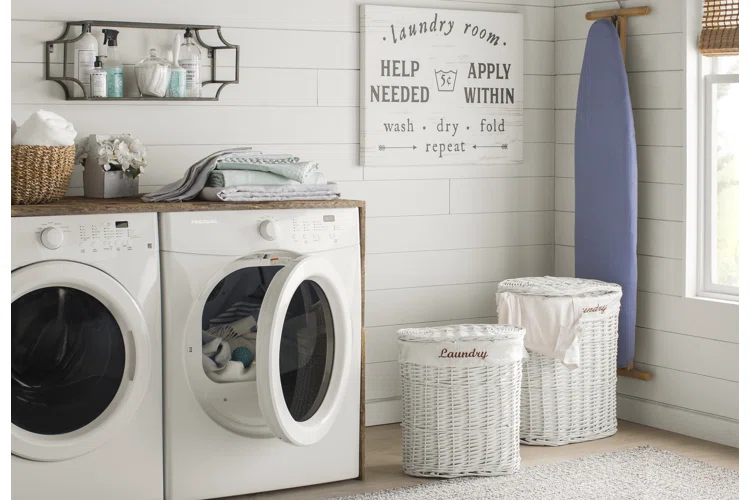Are You Shopping for New Appliances? Are You Deciding Between Leasing or Purchasing? In this article, we’ll examine both options so that you can make an informed choice regarding your purchase.
Leasing equipment can be an ideal solution for businesses that need new machinery but cannot afford the upfront payment. Leasing allows businesses to spread out the cost over time, making budgeting simpler.
Cost
Appliance prices can add up quickly, and when purchasing one, there are two payment options available to you – you can either pay upfront or finance it.
Financing allows you to make monthly payments and repay the loan over time – an ideal solution for people who require new appliances but cannot pay all at once.
Leasing can be expensive; weekly payments could total hundreds of dollars, especially if purchasing an expensive model.
Flexibility
Leasing kitchen appliances is an affordable way to stay up-to-date without breaking the bank. Unlike loans which require large upfront costs and high interest rates, leasing allows you to spread out payments into manageable monthly installments.
Renting an apartment or condo where everything is included in one monthly rental fee can be daunting, yet finding a flexible lease that features all of the amenities a home needs can be easy if it offers multiple floor plans and has amenities like washer and dryer, high speed internet, well-lit gym. Ultimately, finding your ideal match should not be hard!
Choice
Leasing or purchasing appliances depends on your needs and budget. When possible, purchasing them outright instead of financing them to save money – doing this allows you to avoid monthly payments that erode away at your budget and create debt burden.
Rent-to-own options can be ideal for people who need to spread out the cost of an appliance over smaller installments or who don’t yet know if they have enough funds to purchase one outright later. Unfortunately, many of these plans carry high interest rates that can quickly double its cost; so take time to educate yourself about this option before making your final decision.
Longevity
Longevity of an appliance is of equal concern for owners and renters alike. Longevity depends on various factors, including its material, care and maintenance routines and frequency of usage; regular users will find their lifespan is extended dramatically when stored away in closets or other closets. Leasing may be one way to ensure you own something special for years to come without draining savings accounts prematurely. The right lease agreement gives you flexibility without jeopardizing savings.
Repairs
Renters of apartments or condominiums will likely experience repairs or replacement of appliances at some point; unfortunately, these expenses won’t always be covered by their landlord.
Depending on the state in which you reside, repairs and maintenance costs may need to be covered out-of-pocket; otherwise your landlord could charge a rental fee to cover these expenses.
If your lease agreement states that the landlord will maintain and repair appliances, if something breaks you should follow up immediately with them to avoid conflict later. Also be sure to monitor all appliances closely for non-as-is conditions by taking photographs as soon as you notice anything off about their condition.
Maintenance
Purchase of appliances outright can often result in lower maintenance costs and extended equipment life, leading to reduced repair bills and potentially longer repair-free use.
Selecting an effective strategy for your business depends on its expected losses from equipment failure. Implementing preventive maintenance practices can lower these costs significantly.
Preventive maintenance encompasses various tasks designed to keep equipment functioning safely and optimally, such as regular inspections, cleaning, calibration, lubrication and part replacement.




